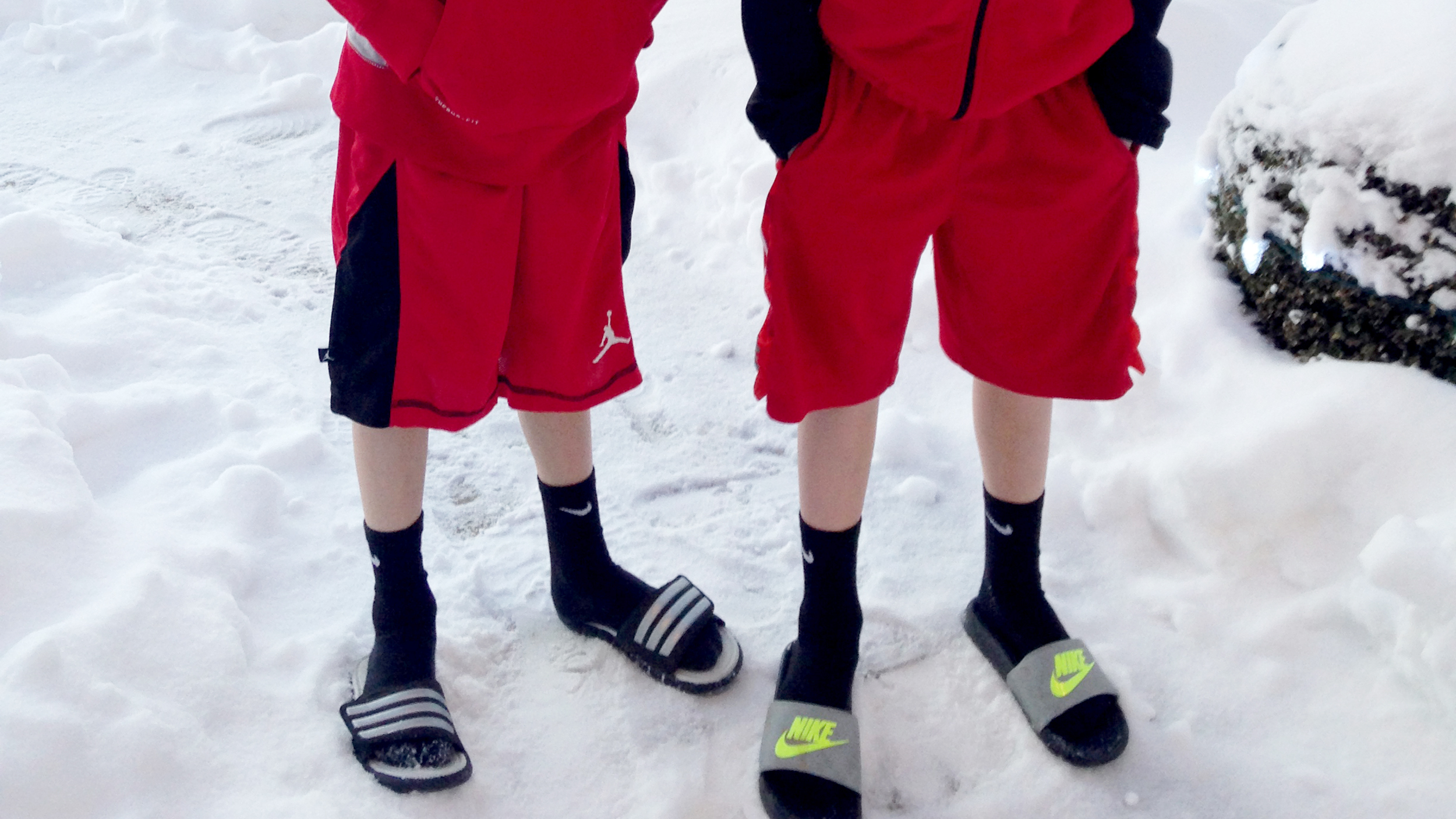
This month we'll celebrate Tu B'Shevat, the "birthday" of the trees. In ancient times, Tu B'Shevat helped farmers know when to bring their first fruit offerings to the Temple; in modern times, it's become something of an environmental holiday.
There are lots of ways to celebrate Tu B'Shevat today: having a special seder and eating fruits native to Israel, planting trees (this year, you can help us plant some on our playground!), and talking with children about our obligation to protect our earth.
Children aren't too young to learn that they have responsibilities to help keep our natural world clean and healthy. There's one very easy, age-appropriate, and tangible way to begin teaching them these lessons: Trash Free Fridays. Rather than send in lunch foods packaged in plastic, send sandwiches, fruits, and drinks in reusable containers. The children take great pride in showing off their lunches that contain NO trash at all. Thanks to Morah Susan in Kitah Turkiz for this splendid idea.


